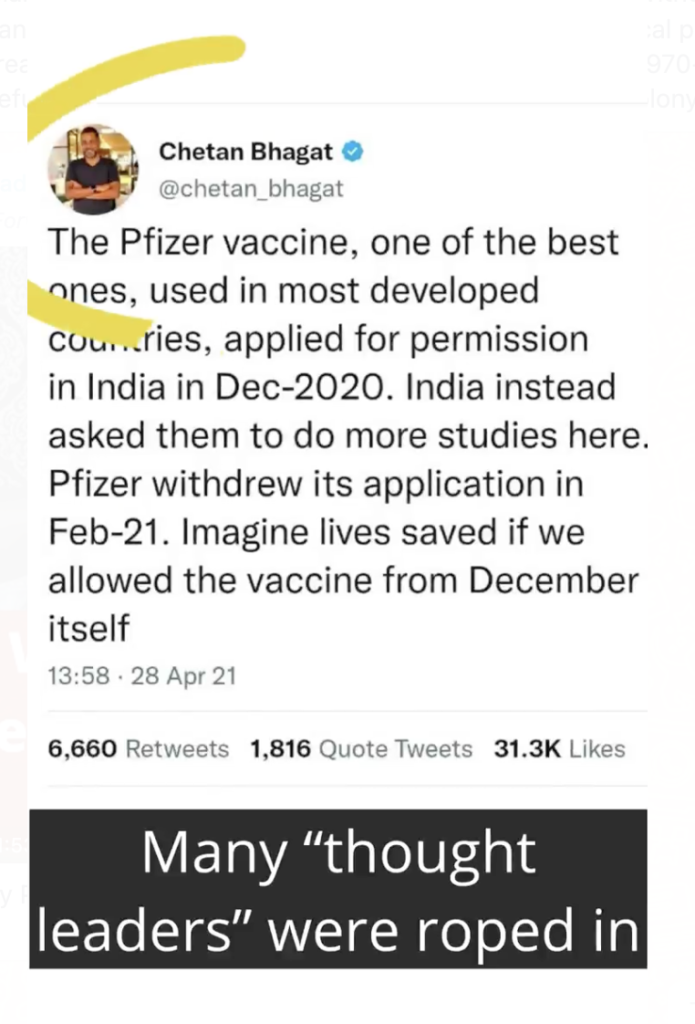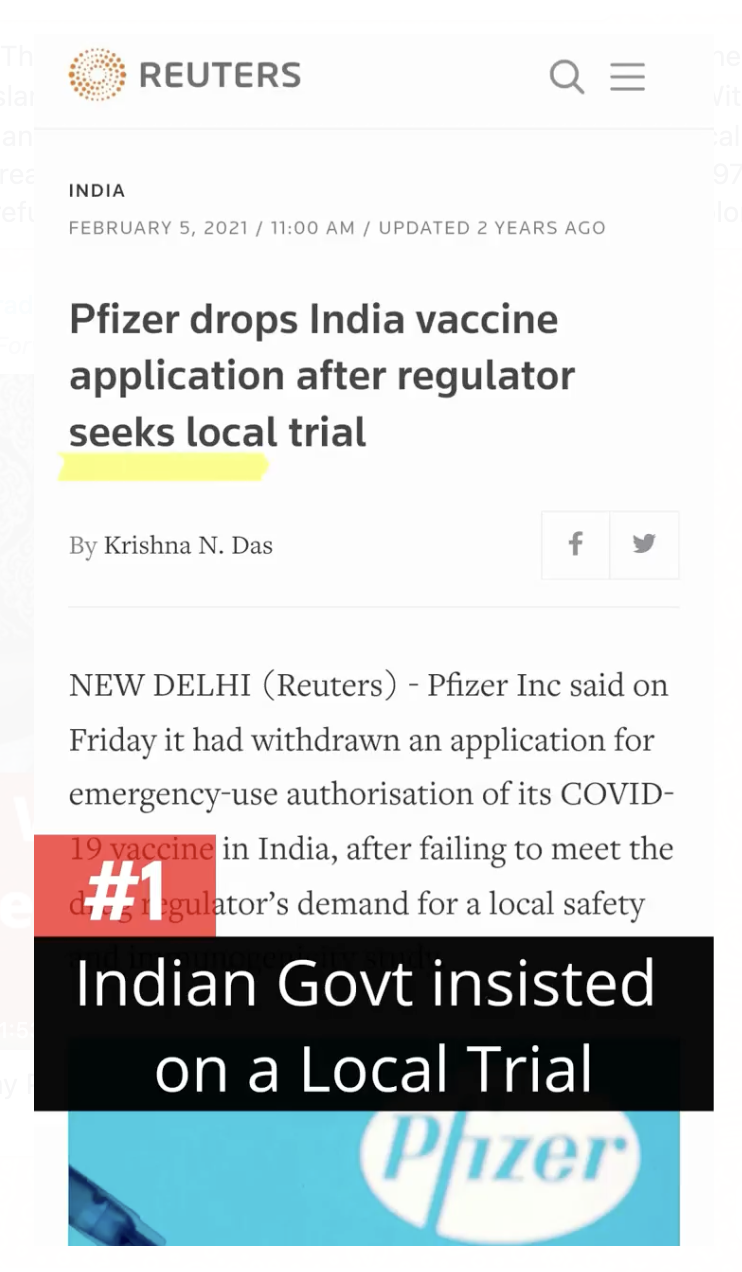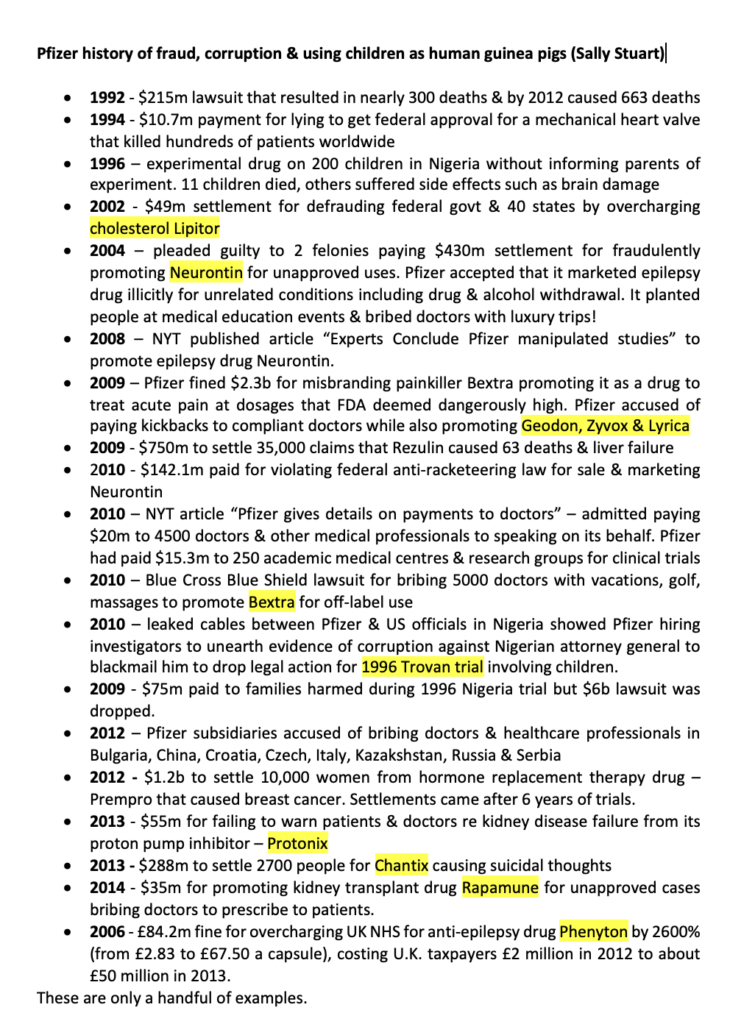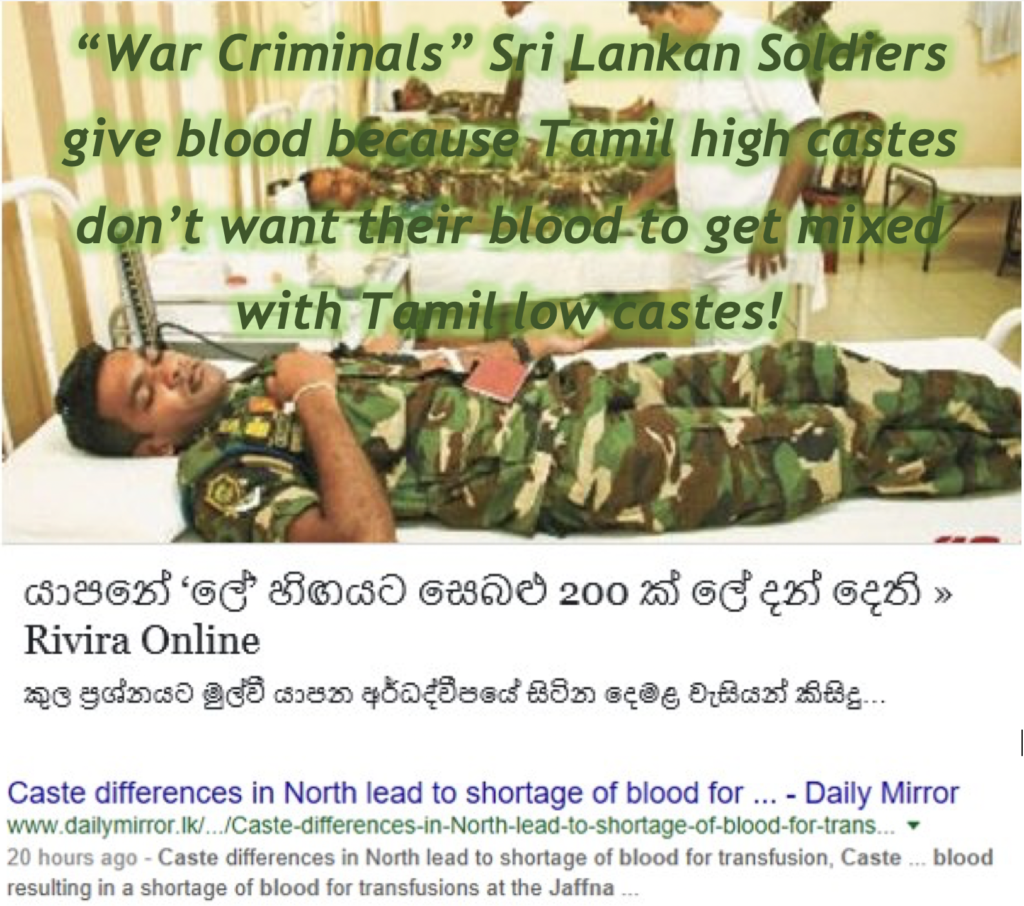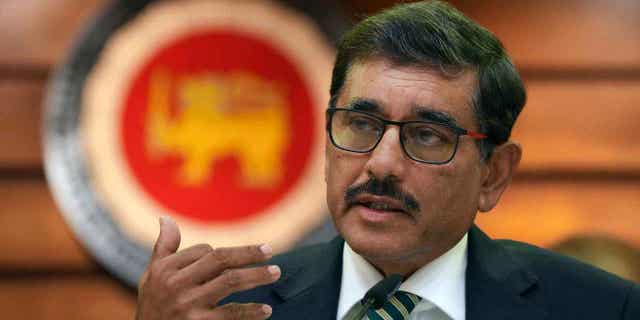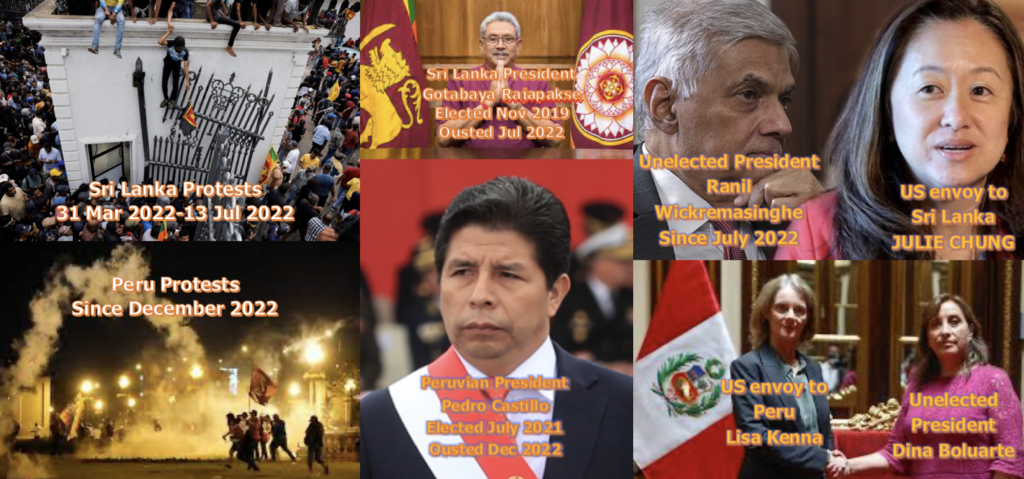Sugath Kulatunga
India is using the carrot and the stick formula to insist on the pound of flesh of the 13th Amendment to the Sri Lanka Constitution. Big brother turned good samaritan has again raised their persistent demand for the full Implementation of the 13th Amendment. It is noted that India does not now invoke the infamous Accord as they realize that it is now a dead letter.
13th Amendment to the Constitution of Sri Lanka was forced on the political leadership of the country as a consequence of the Indo- Sri Lanka Accord of 1987. The bonafides of the Indian Government in the naked intervention in the domestic politics of Sri Lanka have been widely questioned. A solution to the issue of power sharing in Sri Lanka was not the primary objective of the Indian intervention. The Accord was a covert intrusion to impose outrageous conditions on Sri Lanka, which was done through the Exchange of Letters” to coerce a small country to submit to the strategic objectives of India. It was an unwarranted intervention aimed at imposing Indian hegemony in South Asia. Most of the conditions, which were to prevent US influence in Sri Lanka, have no relevance today. India is now a most favored nation of USA and a conniving member of the QUAD. The Accord itself became a dead letter when India failed to make the LTTE accept it. Most importantly, it was also not an agreement between the Tamil community and the Government of Sri Lanka.
The Book by former High Commissioner of India J. N. Dixit titled ‘Assignment Colombo’ reveals the pressures, threats and the coercion used to get President Jayawardhane to accept the Agreement and its byproduct, the 13th Amendment. Dixit, who was also a prime mover in this despicable intervention, records the almost unanimous and intense opposition to the Indian proposals by the Cabinet of Ministers. Dixit recounts how the final draft of the Accord was hatched at the India House (Residence of the Indian High Commissioner) between himself and one minister of the Jayawardhane cabinet. When the draft was discussed with the rest of the Cabinet the Cabinet members raised their strong doubts and vehement objections, which were haughtily dismissed by Dixit. He describes with glee how he bludgeoned the Sri Lankan Ministers to submission. He reveals that there was no approval of the Cabinet, which left the decision on it solely to the President.
A few days after the signing of the Accord, in the first public statement made by Prabhakaran on August 4, 1987, he stated very clearly This agreement did not concern only the problems of the Tamils. This is primarily concerned with Indo-Sri Lankan relations. It also contains within itself the principles; the requirements for making Sri Lanka accede to India’s strategic sphere of influence. It works out a way for preventing the disruptionist and hostile foreign forces from gaining footholds in Sri Lanka. This is why the Indian government showed such an extraordinary keenness in concluding this agreement.”
Rodney Tasker; Far Eastern Economic Review, Hong Kong, August 13, 1987, pp.8-9, under the caption Rajiv’s gunboat peace”, reported that” Jayewardene has allowed Gandhi to extend Indian hegemony beyond its shores. In an exchange of letters between the two leaders attached to the accord, Jayewardene has granted New Delhi the right to vet his country’s strategic stance – including any foreign military presence on the island.”
This Accord, in the words of the opposition washatched under a veil of secrecy and signed in haste under a nationwide curfew followed by tight press censorship, a ban on meetings and a military presence which prevents people affected by it from expressing their views publicly.” [Far Eastern Economic Review, Aug.13, 1987]. Where is the morality and the justification of the Accord and its derivative the 13th Amendment.
Accord was thereafter, approved by the Parliament, which was itself not one elected by a popular vote but continued in power through the device of a highly questionable referendum.
JR used the threat of dissolving the Parliament if the Accord was not accepted.The public opposition to the Accord and the 13th Amendment was violent and widespread. It is estimated that over 40,000 lives were lost in the government efforts to control the violence in the ensuing years. It cannot be over-stressed here that the LTTE and the major Tamil political parties rejected it outright.
When the 13th Amendment was challenged in the Supreme Court four out of nine Judges of the Supreme Court, held that the provisions of the 13th amendment were inconsistent with Articles 2, 3, 4 or 9 of the Constitution.
A subsequent statement of a later CJ, Sarath N Silva confirmed the problems of hastily grafting certain provisions in an alien Constitution into a totally different local situation. The 13th amendment is not a document that was formulated with much thought. It is one that was put together in haste to go with the Indo-Lanka accord. This amendment compiled by taking parts of the Indian constitution doesn’t suit Sri Lanka at all. As India is a large county they have to decentralize power. However, practically, it is not possible in our country. Specially, devolving police and land powers is not practical at all.”
On the statement of the former CJ on the size of India, It must be noted that the average population and the average geographical area of a State of India are more than 18 times the population and the physical area of a Province in Sri Lanka.
There is no doubt that the inspiration for the 13th Amendment was derived from the Indian Constitution and under the unequivocal and inauspices intervention of the Indian government. Most Articles and the Schedules so transposed, are identical with those found in the Indian Constitution. According to Dixit (Page 181-‘Assignment Colombo’) the authors of the proposals in the 13th Amendment were the Indian Ministers Natwar Singh and Chidambaram. There were no discussions with a broad section of the Sri Lanka stakeholders in the formulation of these proposals. The conclusion can only be that the India had a predetermined ‘made in India package’ and was bent on ramming it down the throat of a distraught government of Sri Lanka.
Legal luminaries like H.L.de Silva and R. S. Wanasundera have pointed out that the 13 th Amendment violates the unitary status of the Constitution. Although Tamil parties consider that the 13th Amendment does not meet Tamil aspirations for self-government it is on record that Rajiv Gandhi, who was the chief architect of the Indo- Sri Lank Accord, had given an assurance to Prabhakaran that ‘the newly-created North-Eastern Province for Tamils will enjoy as much powers as Tamil Nadu enjoys in India.” (Triumph of Truth: The Rajiv Gandhi Assassination-Investigation by Kaarthikeyan and Radhavinod Raju Karthikeyan)
The following is an attempt to show that the ‘13th Amendment goes well beyond the Indian Constitution.
Some important provisions of the Indian Constitution relating to central government power have been omitted in the 13th Amendment to the Constitution of Sri Lanka.
- The key provisions of the Indian Constitution on the Center- State relations have been watered down in favor of the Provinces in Sri Lanka.
- There is more power devolved to the Provinces in Sri Lanka than the power enjoyed by the States of India.
(In the following text, 13th Amendment refers to the 13th Amendment to the Constitution of Sri Lanka. The sequence of the comparisons is based on the order of the Articles in the Indian Constitution.)
1.In terms of Article 3 of Indian Constitution the Parliament of India may
(a) Form a new State by separation of territory from any State or by uniting two or more States or parts of States or by uniting any territory to a part of any State;
(b) increase the area of any State;
(c) diminish the area of any State;
(d) alter the boundaries of any State;
(e) alter the name of any State:
This can be done with a simple majority of votes in the Parliament provided that the President seeks the views of the States on the proposal.
2.In the case of Article 154(A) of the 13 th Amendment it is mandatory on Sri Lanka to establish a Provincial Council for every Province. The Parliament of Sri Lanka can join one or more Provinces but cannot resort to other options as provided for in the Indian Constitution. For example boundaries of a Province cannot be altered even with the concurrence of the Provinces affected.
3.Article 44 of the Indian Constitution requires the (Indian) State to endeavor to secure for the citizens a uniform civil code throughout the territory of India. The 13th Amendment to the Sri Lanka Constitution has no such requirement, the absence of which could lead to many legal tangles.
4.Article 76 (3) of the Indian Constitution gives the Attorney General of India, the right of audience in the performance of his duties in all courts of India.
The 13A Amendment has no such provisiArticle
- 136 of the Indian Constitution enables the Supreme Court, in its discretion, to grant special leave to appeal from any judgment, decree, determination, sentence or order in any cause or matter passed or made by any court or tribunal in the territory of India.
In 13 A (Article 154 P (6) the right of appeal is to the Court of Appeal.
6. Article 139 A of the Indian Constitution empowers the Supreme Court, in cases where questions of substantial and general importance are involved to withdraw cases pending before High Courts and dispose of the cases by itself.
The Supreme Court may, transfer any case, appeal or other proceedings pending before any High Court to any other High Court.
13th Amendment does not have any such provisions.
7. Article 141 of the Indian Constitution stipulates that the law declared by the Supreme Court shall be binding on all courts within the territory of India.
There is no parallel provision in the 13th Amendment.
8. Article 141 (1) of the Indian Constitution enables the Supreme Court to pass such decree or make such order as is necessary for doing complete justice in any cause or matter pending before it, and any decree so passed or order so made shall be enforceable throughout the territory of India.
There is no parallel provision in the 13th Amendment to the Constitution of Sri Lanka.
9. Power of the Central Government under the Constitutions of both India and Sri Lanka are vested in the post of Governor and exercised by him where necessary in consultation with the President.
As per Article 156. (1) of the Indian Constitution, the Governor appointed to an Indian State shall hold office during the pleasure of the President.
In the 13th Amendment, Under Article 154B (4) (a) a Provincial Council, with the approval of a two thirds majority of the members of the Council, may present an address to the President advising the removal of the Governor on the ground that the Governor
- Has intentionally violated the provisions of the Constitution.
- (ii) is guilty of misconduct or corruption involving the abuse of the powers of his office; or
- (iii) is guilty of bribery of an offence involving moral turpitude.
This power vested with a Provincial is not conducive to independent action by the Governor, particularly as an offence of misconduct and abuse of power are subject to wide interpretation.
Sarkaria Commission on Centre State Relations, appointed by the Government of India, chaired by Justice R. S. Sarkaria, published in the year 1988, states that While discharging his role as a constitutional sentinel and a vital link between the Union and the State, the Governor may have incurred the displeasure of the political executive in the State. Therefore, the removal of a Governor through the process of impeachment by the State Legislature or in pursuance of a written request from the Chief Minister, following a resolution of the Legislative Assembly, may not ensure objectivity and impartiality”.
10. Article 165. (1) of the Indian Constitution requires that the Governor of each State shall appoint a person who is qualified to be appointed a Judge of a High Court to be Advocate-General for the State.
(2) It shall be the duty of the Advocate-General to give advice to the Government of the State upon legal matters. Article 177 empowers the Advocate-General for a State the right to speak in, and otherwise to take part in the proceedings of, the Legislative Assembly of the State.
There is no parallel provision in the 13th Amendment to the Constitution of Sri Lanka.
11. By Article 192 (1) of the Indian Constitution the Governor is vested with the power of deciding on whether a member of a House of the Legislature of a State has become subject to any disqualifications mentioned in clause (1) of article 191 and his decision on the matter shall be final.
There is no parallel provision in the 13th Amendment to the Constitution of Sri Lanka.
12. Reference Article 203 (3) of the Indian Constitution a Legislative Assembly in a Province cannot demand a money grant except on the recommendation of the Governor.
There is no such role for the Governor in a Province in the 13th Amendment to the Constitution of Sri Lanka but has been introduced by Article 26 (3) of the Provincial Council Act No 42 of 1987.
13. Article 205 of the Indian Constitution requires that the Governor present Supplementary Budgets to the Legislative Assembly.
There is no parallel provision in the 13th Amendment to the Constitution of Sri Lanka, but has been introduced by Article 26 (3) of the Provincial Council Act No 42 of 1987.
14. Reference Article 207 of the Indian Constitution a Money Bill cannot be introduced in a Legislative Assembly without the recommendation of the Governor.
The 13th Amendment to the Constitution of Sri Lanka does not give such a power to the Governor but has been introduced by Article 26 (3) of the Provincial Council Act No 42 of 1987.
15. Reference Article 211 of the Indian Constitution, no discussion shall take place in the Legislature of a State with respect to the conduct of any Judge of the Supreme Court or of a High Court in the discharge of his duties.
There is no such provision in the 13th Amendment.
16. Reference Article 213 of the Indian Constitution the Governor, under certain circumstances is empowered to promulgate ordinances.
There is no parallel provision in the 13th Amendment to the Constitution of Sri Lanka.
17. Under Article 222 of the Indian Constitution 222 it is the President who may, after consultation with the Chief Justice of India, transfer a Judge from one High Court to any other High Court.
Reference Article 154P (2) of the 13th Amendment the transfer of Judges is vested in the Chief Justice.
18 Article 6[239AA of the Indian Constitution provides for the creation of a Capital Territory which does not come under any State.
There is no parallel provision in the 13th Amendment to the Constitution of Sri Lanka.
19. Reference Article 243 of the Indian Constitution, a number of institutions for the empowerment of the people at sub State level shall be constituted in every State. These are
i). Panchayats at the village, intermediate and district levels.
ii) Finance Commission to review the financial position of the Panchayats and Municipalities,
iii) Nagar Panchayats
iv) Wards Committees, within Municipalities.
v) District Planning Committee to consolidate the plans prepared by the Panchayats and Municipalities.
Under the Indian constitution it is a mandatory requirement that the States establish the village level Panchayats for people’s participation in governance. The Indian Constitution devotes a whole chapter to the subject of Panchayats. In the 13th Amendment it is relegated to a mere subject in the Provincial Council List, thus vitiating the very rationale of empowerment of the people.
In the 13th Amendment, there is provision in Item 4.4 in the List of Subjects in the Provincial Council List, for the establishment of Gramodaya Mandalayas, with the powers vested in them under existing law. It will be open to a Provincial Council to confer additional powers on Gramodaya Mandalayas.
There is no constitutional compulsion on the Provincial Councils to implement even the current dubious Gramodaya Mandala Scheme.
The wording of Item 4.4 does not allow any change in the form and the structure of the village level institution. It is on record that no Gramodaya Mandala in the country is active at present.
20. Residual Powers
Reference Article 248 (1) of the Indian Constitution, Parliament has exclusive power to make any law with respect to any matter not enumerated in the Concurrent List or State List and such power shall include the power of making any law imposing a tax not mentioned in either of those Lists.
The 13th Amendment to the Constitution of Sri Lanka has the following vague provision.
154 G (10) Nothing in this Article shall be read or construed as derogating from the powers conferred on Parliament by the Constitution to make laws, in accordance with the Provisions of the Constitution (inclusive of this Chapter), with respect to any matter, for the whole of Sri Lanka or any part thereof.
21. Under Article 249 (1) of the Indian Constitution 249. (1) if the Council of States has declared by resolution supported by not less than two thirds of the members present, that in the national interest it is necessary that Parliament should make laws with respect to any matter in the State List it shall be lawful for Parliament to make laws for the whole or any part of the territory of India with respect to that matter, while the resolution remains in force and shall remain in force for such period not exceeding one year as may be specified therein:
22. In terms of Article 154 G (2) of the 13th Amendment even if one Provincial Council does not (b) agree to an amendment or repeal of the provisions of the 13th Amendment or the Ninth Schedule (Provincial Council List) such a Bill has to be passed in Parliament by the special majority required by Article 82 of the Constitution.
23. Article 250. (1 of the Indian Constitution) vests the power in the Parliament, while a Proclamation of Emergency is in operation, to make laws for the whole or any part of the territory of India with respect to any of the matters enumerated in the State List. Such law would be valid for a period of six months after the Proclamation has ceased to operate and any law made by a State repugnant to the extent to the law made by Parliament shall be inoperative.
There is no provision in the 13th Amendment on vesting in the Parliament the power to make laws on matters in the State List when a Proclamation is made under the Public Security Ordinance.
However, during the continuance in force of a Proclamation issued in the event of Failure of administrative machinery under paragraph (1) of Article 154L of the 13th Amendment, laws can be made by Parliament or the President or other authority referred to in sub-paragraph (a) of paragraph (1) of, Article 154 M (2) but they can be amended or repealed by the Provincial Council without a time bar.
24. Article 254 of the Indian Constitution empowers the Parliament to enact at any time any law with respect to a law made by a State on the same matter including a law adding to, amending, varying or repealing the law so made by the Legislature of the State.
In terms of 154G(5)(a) of the 13th Amendment, Parliament may make laws with respect to any matter set out in “the Concurrent List”) only after such consultation with all Provincial Councils as Parliament may consider appropriate in the circumstances of each case. In the case of India there is no requirement for consultation with the States.
25. Under Article 257 of the Indian Constitution, the executive power of the Union shall also extend to the giving of directions to a State as to the construction and maintenance of means of communication declared in the direction to be of national or military importance:
There is no parallel provision in the 13th Amendment to the Constitution of Sri Lanka.
26. Under Article 258 (1) of the Indian Constitution the President may, with the consent of the Government of a State, entrust either to that Government or to its officers, functions to which the executive power of the Union extends.
Neither the President nor the Parliament of Sri Lanka has parallel powers under the 13th Amendment to the Constitution of Sri Lanka.
27. Under Article 258 A of the Indian Constitution the Governor of a State may, with the consent of the Government of India, entrust to that Government or to its officers functions to which the executive power of the State extends.]
The Governor of a Province in Sri Lanka has no parallel power.
28. Reference Article 263 of the Indian Constitution, the President may establish a Council to inquire into and advise upon disputes between States and also recommend better co-ordination of policy and action in respect to that subject,
There is no parallel provision in the 13th Amendment to the Constitution of Sri Lanka.
29. Under Article 280 (2) of the Indian Constitution it is left to the Parliament to determine by law the qualifications which shall be requisite for appointment as members of the Finance Commission and the manner in which they shall be selected.
30. Under Article 154 R of the 13th Amendment there is the requirement that the three unofficial members should represent the three major communities.
31. Reference Article 302 of the Indian Constitution, Parliament may impose such restrictions on the freedom of trade, commerce or intercourse between one State and another or within any part of the territory of India as may be required in the public interest.
In the 13th Amendment, inter Province Trade and Commerce is a Subject in the Reserved List, but no specific power is given to impose restrictions on the freedom trade within any part of Sri Lanka. For example the Center may not impose restrictions on inter District trade or commerce within a Province.
32. Under Article 312 of the Indian Constitution, Parliament may create all India services [(including an all-India judicial service)] common to the Union and the States.
At present the All India Services are the Judicial Service, Indian Administrative Service, Indian Police Service and the Indian Forest Service. The officers of the All India Services are recruited and trained by the Union Government (“the Centre”).
There is no parallel provision in the 13th Amendment to the Constitution of Sri Lanka.
The objective of the framers of the Indian Constitution in providing for the Scheme of All India Services was:
- facilitating liaison between the Union and the States,
- ensuring a certain uniformity in administration,
- enabling the administrative machinery at the Union level to keep in touch with the realities at the field in the States,
- helping the State administrative machinery to acquire a wide outlook and obtain the best possible training and experience for its senior post holders.
- ensuring that political considerations either in recruitment or in discipline and control are reduced to the minimum, if not eliminated altogether.
(Sarkaria Commission Report Part I-page 219, section 8.9.07)
With reference to the All India Services, the Administrative Reforms Commission of India, (1969), confirmed that:
- All India recruitment makes possible minimum and uniform standards of administration throughout the country. It enables the induction of the best available talent to these services.
- With personnel drawn form different States, each State cadre gets a leavening of senior officers from outside, whose vision and outlook transcend local horizons.
- Systemic deputation from the State to the Union broadens the vision of the officers so deputed and brings to the Union an experience of closeness to actual realities.
In response to requests by a few States to do away with the All India Services, the Sarkaria Commission observed that it would be retrograde step for a State to opt out of the All India Service Scheme and it will be harmful to the larger interest of the country. Such a step is sure to encourage parochial tendencies and undermine the integrity, cohesion, efficiency, and coordination of the country as a whole”.
33. Under Article 315 (4) of the Indian Constitution, the Public Service Commission for the Union, if requested to do so by the Governor of a State, may, with the approval of the President, agree to serve all or any of the needs of the State.
34. Reference Article 315 (1) of the Indian Constitution there shall be a Public Service Commission for the Union and a Public Service Commission for each State.
There is no provision in the 13th Amendment for the establishment of Provincial Public Service Commissions. However under Article 33 of the Provincial Act No 47 of 1987 there is the following provision.
(1) There shall be a Provincial Public Service Commission for each Province which shall consist of not less than three persons appointed by the Governor of that Province. The Governor shall nominate one of the members of the Commission to be the Chairman.
Moreover, unlike in the Indian Constitution there is no stipulation on the qualifications of the members of the Commission.
Under Article 315 (4) of the Indian Constitution the Public Service Commission for the Union, if requested so to do by the Governor of a State, may, with the approval of the President, agree to serve all or any of the needs of the State.
There is no parallel provision even in the Provincial Act of 1987.
35. Article 316. (1) of the Indian Constitution stipulates that one-half of the members of every Public Service Commission shall be persons who should, at the dates of their respective appointments held office for at least ten years either under the Government of India or under the Government of a State.
The Provincial Act of 1987 does not specify such a qualification for members of Provincial Councils.
36. Under Article 345 of the Indian Constitution Legislature of a State may by law adopt any one or more of the languages in use in the State or Hindi as the language or languages to be used for all or any of the official purposes of that State: and in terms of Article 347,on a demand being made in that behalf the President may, if he is satisfied that a substantial proportion of the population of a State desire the use of any language spoken by them to be recognized by that State, direct that such language shall also be officially recognized throughout that State or any part thereof for such purpose as he may specify.
But in terms of the Indo- Sri Lanka Accord, Article 18 of the Constitution was amended to make Tamil also an official language for the whole of the Island.
37. Under Emergency Provisions, Article 352 of the Indian Constitution, the President is empowered to make a Proclamation which remains valid for one month unless before the expiration of that period, it has been approved by resolutions of both Houses of Parliament:
Under Article 154 L (3) of the 13th Amendment to the Constitution of Sri Lanka such a Proclamation under the Public Security Act will cease to operate at the expiration of fourteen days, unless before the expiration of that period it has been approved by a resolution of Parliament:
36. Under Article 356 of the Indian Constitution, in a situation where the Government of a State cannot be carried on in accordance with the provisions of this Constitution, The President may (a) assume to himself all or any of the functions of the Government of the State and all or any of the powers vested in or exercisable by the Governor or any body or authority in the State other than the Legislature of the State;
(b) declare that the powers of the Legislature of the State shall be exercisable by or under the authority of Parliament;
(c) make such incidental and consequential provisions as appear to the President to be necessary or desirable for giving effect to the objects of the Proclamation, including provisions for suspending in whole or in part, the operation of any provisions of this Constitution relating to any body or authority in the State:
Under 154(L) in the 13th Amendment of the SL Constitution under a similar situation the President may by Proclamation –
(a) assume to himself all or any of the functions of the administration of the Province and all or any of the powers vested in, or exercisable by, the Governor or any body or authority in the Province other than the Provincial Council;
(b) declare that the powers of the Provincial Council shall be exercisable by, or under the authority of Parliament;
But the 13th Amendment does not empower the President to suspend the operation of provisions of the Constitution relating to any body or authority in the State, which the President of India can do under Article 356 sub section (1c) quoted above.
Moreover a Proclamation made by the President of Sri Lanka unless approved by the Parliament is valid only for 14 days whereas, such a Proclamation made by the President of India is valid for two months before it is submitted to Parliament.
While adopting verbatim certain relevant Articles of the Indian Constitution the authors of the 13th Amendment have ignored not only the non compatibility of the scales of the population and physical areas between the peripheral units of the sub continent and the island, but also ignored the fundamental differences in the structure of government in India and Sri Lanka.
It is clear that the effort of the ghost writers of the13th Amendment was to provide self government in the areas of historical habitation of Sri Lankan Tamil speaking peoples” and not for the devolving of power to the people of the whole of Sri Lanka.
The fact that Sri Lanka has an Executive President elected by the popular vote of all citizens of the land has not been taken into account in the imposition of these extraneous constitutional provisions. While the President of Sri Lanka can dissolve the Parliament after one year, without adducing reasons he cannot dissolve a Provincial Council! It can be done by the Governor of the Province and only on the advice of the Chief Minister of the Province. This is a clear derogation of the powers of the Sri Lanka President vis a vis the powers enjoyed by the Indian President under that Constitution.
The bicameral structure of the Legislature of the Indian State provides a desirable check on hasty legislation and promotes good governance. In the absence of a second chamber, a Provincial Council becomes the sole governing power in the Province.
Parties which advocate the case for more powers than now enjoyed under the 13th Amendment to Provincial Councils, especially to the North and East, argue that the Tamil Community has agitated for self government for a prolonged period and made immense sacrifices including thousands of lives. The same argument, multiplied several fold, can be adduced by the majority community which was immensely traumatized during three decades of brutal terrorism, which needlessly crippled the economic and social development of the country as a whole for an extended period of time.
The pertinent and valid question that is being posed by concerned citizens at this critical juncture is the rationale for devolving more power to the Provinces when the powers now enjoyed by them transcend by far the powers given to the States in India under the Indian Constitution. The pressing need is to re-examine the whole issue of power sharing in the context of the current radically changed social and political environment of the country, focusing on empowering the people of the entirety of Sri Lanka on the basis of principles of subsidiarity, rather than succumbing to importunate external pressures promoting fantastic mythical claims to territorial exclusivity and hegemonic governance.
The 13th Amendment was an Indian solution intended to appease the LTTE and Tamilnadu. As stated by Dixit it addressed the security concerns of India and to suppress the revival of Tamil secessionism in India. Dixit admits that India was also concerned with the LTTE ideology of Greater Eelam” including Tamil Nadu, of which India had documentary evidence (Page 335,Assignment -Colombo).
The Indian solution was riveted on the issues of the North and the East. The unit of devolution was made the Province and a combined Northeast Province was created to correspond to the ‘traditional homeland. From the time of British rule when the number of Provinces was increased and thereafter when the functions of Provincial Administration were redistributed to Districts, and when the number of Districts was increased there was a progressive commitment to make the District the unit of decentralized administration. Key institutions such as the District Coordination Committee, District Agriculture Committee were based at the District as the center. The concept of Provincial Councils smuggled into the country through the Accord was not based on the principals of subsidiarity, nor with a view to catalyze development. The only purpose was to justify the homeland concept.
The impact of its application island wide was not taken into account and today the Provincial Council system has become a white elephant. It has not brought democracy closer to the people. There is no further need to explain the utter disillusion of the people with the Provincial Councils when they cannot even ensure an error free question paper for a term test in schools under them.
Finding a lasting solution to the national problem should not be beyond the ingenuity of the Sri Lankan nation, which amply displayed an incomparable leadership, resourcefulness and determination to win the war against the brutal terrorism, which held the nation to ransom for over three decades. Such a solution’ needs to avoid the stereotyped solutions oversold by conflict resolution” experts. It should also not be a short- term knee-jerk response like the Indian solution. It should be based on a long -term vision, have legitimacy and meet the aspirations of all Sri Lankans and ensure nation building and be geared to transform the Sri Lanka State to deal with the contemporary challenges of rapid social and economic development.
The past transgressions of India should not be a constraint on renewing a dialogue with India on the 13A. At present one aspect to the advantage of Sri Lanka is that this tendentious proposal was an imperious act of the Gandhi era. The other is that BJP is not dependent too much on Tamil Nadu for power.
Sugath Kulatunga

